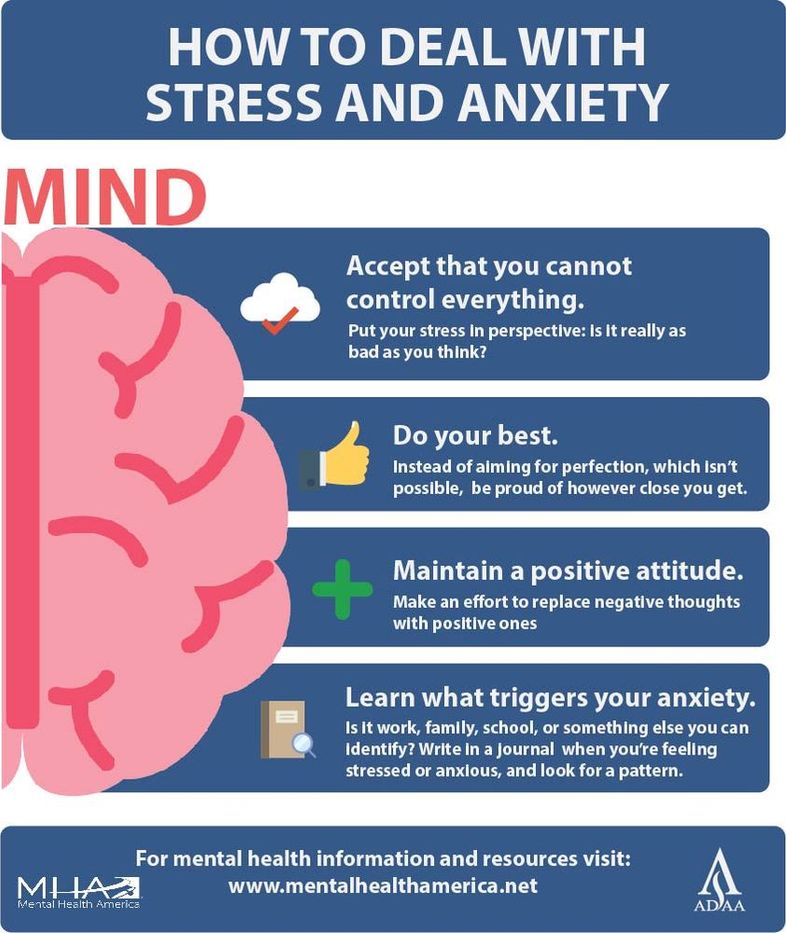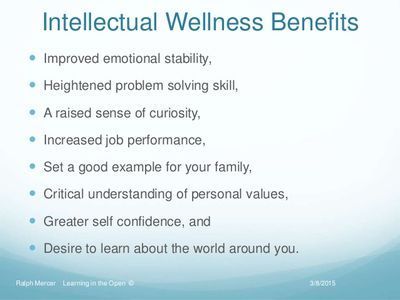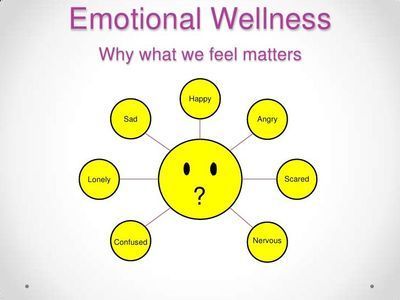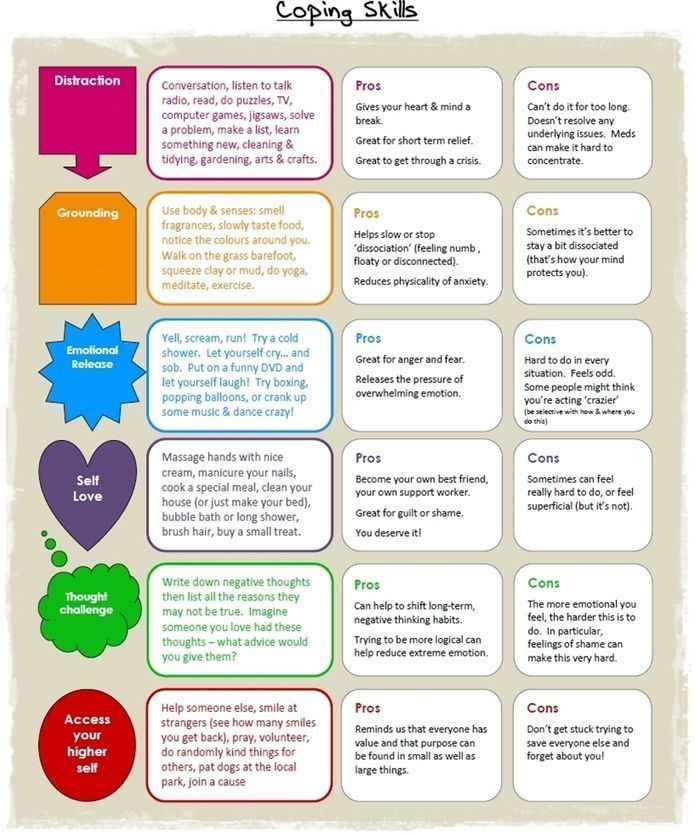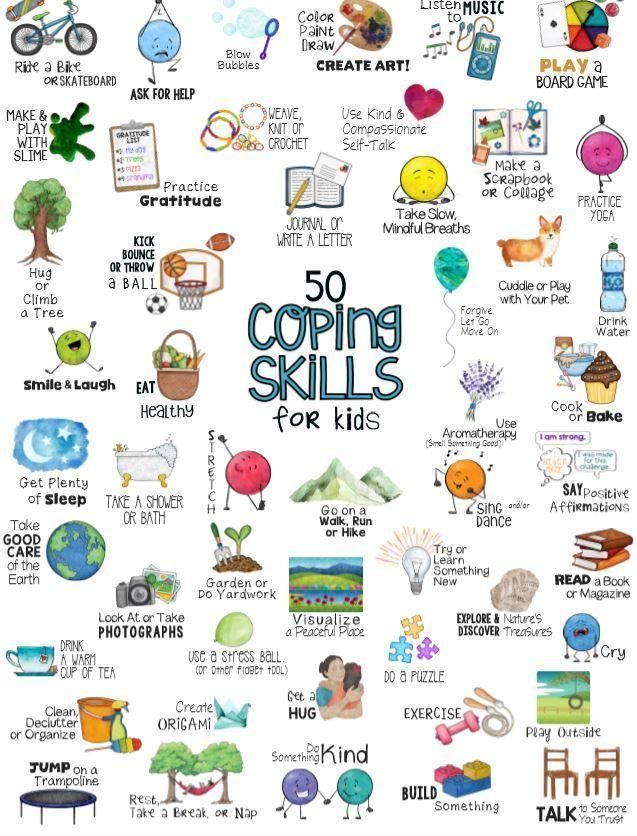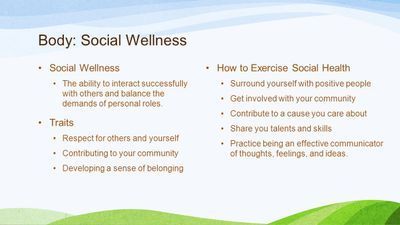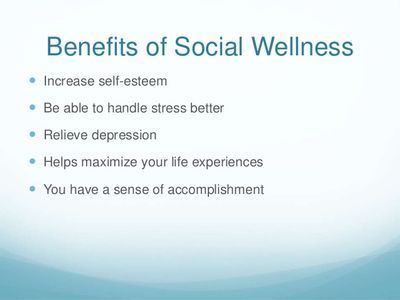Looking after ourselves
- Mark Discussion as New
- Mark Discussion as Read
- Float this Discussion for Current User
- Favourite
- Subscribe
- Printer Friendly Page
- Mark as New
- Favourite
- Subscribe
- Get link
- Flag for Moderator
08-09-2022 06:59 PM
08-09-2022 06:59 PM
Re: Helpful tips for Financial stress and hardship
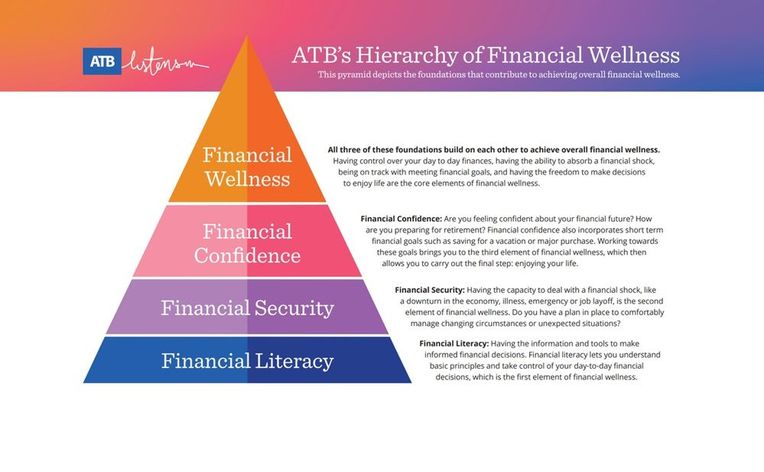
- Mark as New
- Favourite
- Subscribe
- Get link
- Flag for Moderator
08-09-2022 06:59 PM
08-09-2022 06:59 PM
Re: Helpful tips for Financial stress and hardship
I think the way I manage my finances is based on being raised in a family where there was a lack of. My parents fought about not having enough money. So I have always been careful with the money I have.
I live by these principles:
* I have a budget and I stick to it.
* I have an emergency fund.
* I don't go on holidays using credit.
* I have no problem with my old furniture or appliances. I only replace things when absolutely necessary. I look after what I have.
* I don't care about "keeping up with the Jones'".
* I try and keep up with maintenance of my home.
* True friends won't care about the size of my home, how old my furniture is, or what car I drive.
* Small cars are more economical (I admit I am only 5'3 though). I look after my car.
* I think about the environment eg preloved is good, landfill is not.
* I am planning for my retirement now (I hope to retire in about 9 years).
Fortunately hubby has the same thoughts as me on financial matters so we are a good team. He had a similar upbringing.
I'm looking forward to hearing from others $$$
- Mark as New
- Favourite
- Subscribe
- Get link
- Flag for Moderator
08-09-2022 07:00 PM
08-09-2022 07:00 PM
Re: Helpful tips for Financial stress and hardship
- Mark as New
- Favourite
- Subscribe
- Get link
- Flag for Moderator
08-09-2022 07:02 PM
08-09-2022 07:02 PM
Re: Helpful tips for Financial stress and hardship
Today we move onto our next topic of intellectual wellness.
Intellectual wellness is defined as recognizing one's creative abilities and finding ways to expand knowledge and skills. It refers to active participation in scholastic, cultural, and community activities.
This is a component of wellness that I had not really heard about in great detail previously. Occasionally on tv mention is made about research shows that exercise for the mind is important as exercise for the body and in particular regarding the link between doing mind games and improving and/or delaying cognitive decline.
It is important to gain and maintain intellectual wellness because it expands knowledge and skills in order to live a stimulating, successful life. In order to improve intellectual wellness, it is important to value creativity, curiosity, and lifelong learning. It is in essence to:
Expand one’s ability to create, develop, analyse, critique, concentrate, understand, evaluate, problem solve, predict, comprehend, etc.
Feel competent in intellectual and academic activities by improving skills in academics, studying, time management, stress management, note taking, listening, and public speaking.
Strive to be open to new experiences and ideas in all areas of life
What are Some ways of increasing intellectual wellness
Playing “brain games”. Research suggests that cognitive decline may be prevented, slowed, or perhaps reversed in aging adults who are frequently engaged in creative, challenging, and cognitively stimulating activities such as computer games, reading, and crossword puzzles.
Experiencing the arts. A study showed that people with 100 or more hours per year of arts engagement (i.e. at least 2hrs per week) had significantly better mental wellbeing than those with none or lower levels of engagement. For the purpose of the study, ‘Arts engagement’ was defined as the art people do as part of their everyday lives for enjoyment, entertainment or as a hobby (i.e. recreational arts rather than art therapy) such as singing, painting, dancing, reading a novel, playing an instrument.
Doing crafts like knitting and crochet. A study found that those who engaged in crafts like knitting and crocheting had a diminished chance of developing mild cognitive impairment and memory loss.
Although it is possible that only people who are cognitively healthy would pursue such activities, those who read newspapers or magazines or played music did not show similar benefits.
Attending lectures in person or online.
If you would prefer to pursue more scholastic knowledge without attending college courses, consider open lectures. Universities and libraries often offer free lectures on various subjects. From history to gardening, the subjects are vast. Furthermore, the lectures are most often provided by professors, or individuals who have honed their craft.
Playing a musical instrument. Music has a powerful impact on our minds. Playing a musical instrument can increase intellectual wellness by learning how to create sounds, make patterns, and emote through music.
Learning a new language. Learning a foreign language can be beneficial to your intellectual health and your employment prospects. When learning different ways to communicate, your mind expands. This not only helps with being receptive to new knowledge, but also helps broaden information already learned.
Improving skills for studying. Learning new things about the way your mind processes information can be a vital tool to helping you succeed.
Intellectual wellness is intertwined with the other dimensions of wellness and can impact upon them.
Looking at the areas we have already discussed, learning new things can help us understand our environment better, find enjoyable ways of improving our physical health and learning new things can lead to opportunity to both occupational financial wellness either by helping you get a job, doing our work better, helping us get a promotion/pay rise or learning better ways to manage one's income.
When I think of intellectual wellness on a personal level the saying “use it or lose it” comes to mind. I must admit in the last few years that this is one aspect of my life that has taken a bit of a hit.
How are you faring with this dimension.?
- Mark as New
- Favourite
- Subscribe
- Get link
- Flag for Moderator
08-09-2022 07:04 PM
08-09-2022 07:04 PM
Re: Helpful tips for Financial stress and hardship
- Mark as New
- Favourite
- Subscribe
- Get link
- Flag for Moderator
08-09-2022 07:05 PM
08-09-2022 07:05 PM
Re: Helpful tips for Financial stress and hardship
Today we move onto our next topic Emotional Wellness
While this definition of emotional wellness is undeniably true, it’s incomplete.
Emotional Wellness refers to an awareness, understanding, and acceptance of your emotions, and your ability to manage effectively through challenges and change.
I think that emotional health is probably the dimension of wellness that we tend to perhaps use as the litmus test as to how well we are doing in all areas of our live
Becoming aware of what we’re feeling, understanding these emotions, and then accepting them are vital steps in developing emotional wellness and becoming emotionally healthy. Awareness, understanding, and acceptance are part of the process, but they aren’t the heart of emotional wellness. Think of cookies. Butter, sugar, flour, and other ingredients are crucial in creating a delectable treat, but they aren’t the treat by themselves.
If emotional wellness is more than awareness, understanding, and accepting, what is it then? Emotional wellness is
Living well despite problems, through all of the many ups and downs of life
Living fully and finding the good in each day
Experiencing the gamut of human emotions (emotional wellness does not mean feeling perpetually happy) while simultaneously separating yourself from them, knowing that you can have emotions but that you aren’t defined by them
Suggested ways we can improve our emotional health are interlinked with the other dimensions. These include:
Be aware of your emotions and reactions.Notice what in your life makes you sad, frustrated, or angry. Try to address or change those things.
Express your feelings in appropriate ways. Let people close to you know when something is bothering you. Keeping feelings of sadness or anger inside adds to stress. It can cause problems in your relationships and at work or school.
Learn more to lessen the fear of the unknown "Knowledge is power," If you have a problem, learn whatever you can about the issue or the health condition you're facing. The more you know, the less you will fear what might happen.
Think before you act. Emotions can be powerful. Give yourself time to think, and be calm before you say or do something you might regret.
Manage stress.Try to change situations causing you stress. Learn relaxation methods to cope with stress. These could include deep breathing, meditation, and exercise.
Strive for balance. Find a healthy balance between work and play and between activity and rest. Make time for things you enjoy. Focus on positive things in your life.
Take care of your physical health. Your physical health can affect your emotional health. Exercise regularly, eat healthy meals, and get enough sleep. Don’t abuse drugs or alcohol.
Connect with others. We are social creatures. We need positive connections with other people. Make a lunch date, join a group, and say hi to strangers.
Find purpose and meaning. Figure out what it is important to you in life, and focus on that. This could be your work, your family, volunteering, caregiving, or something else. Spend your time doing what feels meaningful to you.
Stay positive.Focus on the good things in your life. Forgive yourself for making mistakes, and forgive others. Spend time with healthy, positive people.
- Mark as New
- Favourite
- Subscribe
- Get link
- Flag for Moderator
08-09-2022 07:06 PM
08-09-2022 07:06 PM
Re: Helpful tips for Financial stress and hardship
- Mark as New
- Favourite
- Subscribe
- Get link
- Flag for Moderator
08-09-2022 07:07 PM
08-09-2022 07:07 PM
Re: Helpful tips for Financial stress and hardship
- Mark as New
- Favourite
- Subscribe
- Get link
- Flag for Moderator
08-09-2022 07:08 PM
08-09-2022 07:08 PM
Re: Helpful tips for Financial stress and hardship
Today we move on to our next topic Social Wellness
Social wellness can be defined as being able to interact positively with people around us. It involves using good communication skills, having meaningful relationships, respecting oneself and others, and having a support system of friends and family.
Human beings are social creatures.Our relationships can offer support during difficult times. Social wellness involves building healthy, nurturing and supportive relationships as well as fostering a genuine connection with those around you. Our connection to others enables us to survive and thrive. Research has shown that people who do have healthy relationships and good support systems have better overall mood, deal better with stress and actually have increased self-esteem. Social relationships have just as much impact on physical well – being as other wellness factors, such as, physical activity, overweight / obesity, high blood pressure, high blood sugar, heart disease and smoking.
It is important to practice and participate in social wellness through all stages of life in order to develop and maintain healthy relationships and friendships. Social isolation and loneliness have been identified as a growing, legitimate health concern and they are risk factors for poor aging outcomes, subsequently there have been initiatives that encourage seniors to participate in activities which keep them physically and emotionally well. These include doing things that keep them socially connected to others and in community. Today, social wellness can be more and more difficult to achieve due to technology and social media. However, it is vital we give social wellness positive attention.
A more detailed definition of social wellness I came across included:
Development of assertiveness skills not passive or aggressive ones.
Balancing social and personal time.
The ability to be who you are in all situations.
Becoming engaged with other people in your community.
Valuing diversity and treat others with respect.
Continually being able to maintain and develop friendships and social networks.
The ability to create boundaries within relationship boundaries that encourage communication, trust and conflict management.
Remembering to have fun.
-
Communicating clearly helps you manage your time and your life, to feel good about yourself, and to build trustworthy relationships with others. This involves:
Listening to one another: in a non-judgmental way and value each other’s opinions. Respect also involves attempting to understand and affirm the other’s emotions.
Being open: Don’t assume something is happening for someone else or wait for others to try to guess what is going on with you. Learn how to express your needs in a non-demanding way.
Maintaining your own identity: In a healthy relationship, both parties need to make compromises. But that doesn’t mean you should feel like you’re losing out on being yourself. Neither of you should have to pretend to like something you don’t or give up seeing your friends, or drop out of activities that you love. You should feel free to keep developing new talents or interests, making new friends, and moving forward with your life.
Being honest and trustworthy: Honesty goes hand in hand with trust. It is almost impossible to trust someone when one of you isn’t being honest.
Being supportive: In a healthy relationship, friends are there with a shoulder to cry on but also to celebrate the good times. People in healthy relationships try not to judge, criticize or blame each other because we are all human and capable of making mistakes.
- Mark as New
- Favourite
- Subscribe
- Get link
- Flag for Moderator
08-09-2022 07:09 PM
08-09-2022 07:09 PM
Re: Helpful tips for Financial stress and hardship
Good topic @Shaz51 I’m blessed that I have the space to grow my own veg which saves a lot. I also plan my weekly meals and do a shop once a week and never stray from the list. Some of the meals hold more than on serving so can freeze for the times when I don’t feel like cooking. I’m an hours drive from the nearest town so this is my form of takeaway lol xx I’m a real stickler for turning off lights and power points. It all adds up. With fuel the price it is, I limit my trips to town to once a week and make sure I do everything needed on that day. I’ve also reviewed my house and car insurance to make sure I’m getting the best deal. Will be interesting to read others tips on saving $$$$$.


